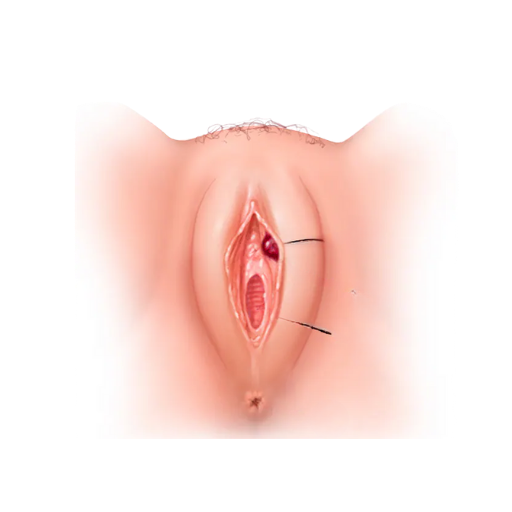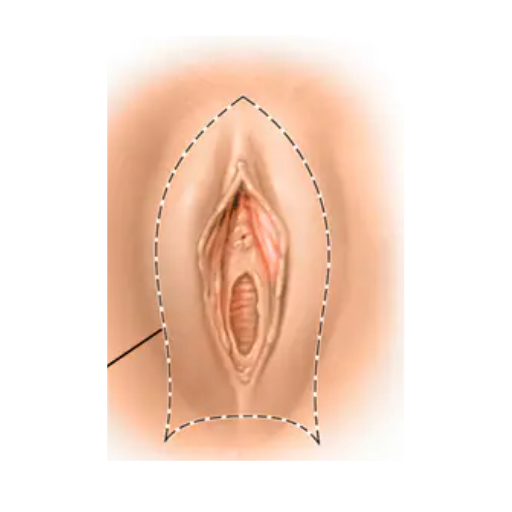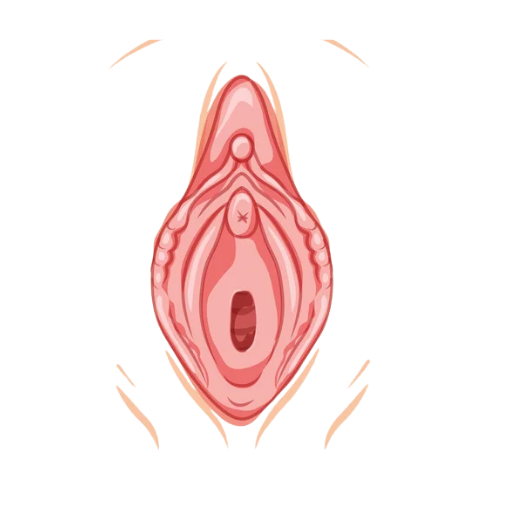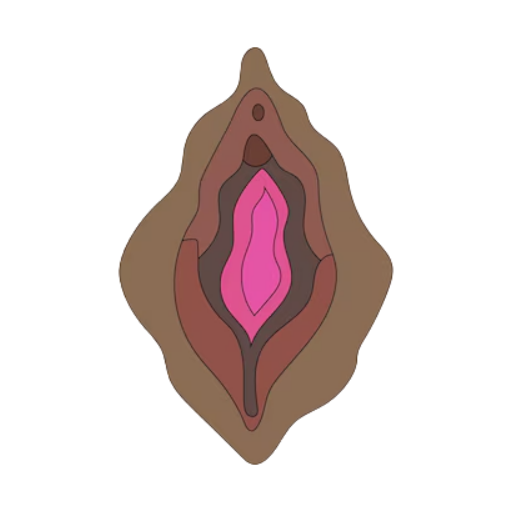Dr. Nitin Singhal
Vulva Cancer
What is Vulva Cancer?
Vulvar cancer is a rare type of cancer that begins in the external female genital organs, known as the vulva. It most commonly affects the inner edges of the labia majora or labia minora, but it can also occur in other parts of the vulva, including the clitoris or vaginal opening. This cancer typically develops slowly over years, starting as precancerous changes in the skin called vulvar intraepithelial neoplasia (VIN).
Although not very common, vulvar cancer can cause significant discomfort and impact quality of life if left untreated. It mainly occurs in older women, but cases in younger women are rising due to factors like HPV infection. With timely diagnosis and treatment, outcomes are often positive, especially in the early stages.

Happy Clients
Successful Surgeries
Patients Reviews Rate
Years of Experience
Types of Vulva Cancer Surgery

Wide Local Excision
This surgery removes the cancerous tissue along with a small margin of healthy tissue around it. It helps ensure all cancer cells are taken out while preserving most of the vulva.

Radical Vulvectomy
In this procedure, the entire vulva or a large portion of it is removed. It is done for more advanced cancers to prevent spread and recurrence.

Sentinel Lymph Node Biopsy
This involves removing only the first few lymph nodes that drain from the tumor area. It helps check if the cancer has spread without removing all lymph nodes.

Inguinal Lymph Node Dissection
Your Guide to Vulva Cancer
Long-term infection with the human papillomavirus (HPV) can be the major cause of the development of abnormal cell growth in the vulva and cause vulvar cancer. Smoking, impaired immune system, and precancerous lesions such as vulvar intraepithelial neoplasia (VIN) are also other risk factors that may develop into cancer over time once treated. Age also is another factor, whereby vulvar cancer is more prevalent among older women.
Also, chronic irritation of the vulva or inflammation of the skin, including lichen sclerosus, can also lead to the formation of cancer. The family history of cancer, having multiple sexual partners and lack of HPV vaccination also predisposes an individual to get cancer of the vulva in the long term.
Vulvar cancer is commonly characterised by recurrent itching, burning or pain in the vulva. Women can also have some observable changes in the form of lumps, open sores, skin thickening and even change in colour in the affected area. These symptoms may also be compared with infections or skin diseases, which slows down the diagnosis.
There might be other symptoms such as abnormal bleeding, tenderness, or discharge, particularly when the cancer is at its advanced stage. It could also result in some women having swelling in the groin as a result of cancer spreading to the lymph nodes. The awareness of these symptoms is essential to their timely treatment by consulting a doctor.
The most common forms of treatment for vulvar cancer are surgical, where the treatment varies between wide local excision (removal of the tumour with a small surrounding healthy tissue) and radical vulvectomy (removal of part or all of the vulva). In the event of the spread of cancer, it may even be required to remove the lymph nodes of the groin. The purpose of these surgeries is to eliminate cancer, with one of the goals being to leave as much healthy tissue as possible.
Radiation therapy and chemotherapy can be applied together with surgery in either advanced or recurring cases. Radiation assists in shrinking tumours prior to surgery or the destruction of the existing cancer cells following surgery, with chemotherapy being directed against cancer that has spread. The current treatment plans are very individualised so as to be effective and, at the same time, provide a good life.
Benefits of Vulva Cancer Surgery?

Faster Recovery Time

Low Risk of Infection

Lesser Scars

Less Discomfort After Surgery

Shorter Hospital Stay

Speedier Return to Daily Life
Why Choose Dr Nitin Singhal For Vulva Cancer Surgery?
Dr. Nitin Singhal is a highly skilled Robotic and HIPEC Cancer Surgeon with 15+ years of experience and 5,000+ major cancer surgeries. His expertise covers complex procedures including colon, pancreatic, stomach, lung, uterus, ovary, vulvar, urology, kidney, and robotic cancer surgeries.

Expertise
He specialises in vulvar cancer surgeries like wide local excision, radical vulvectomy, sentinel node biopsy, and lymph node dissection. With robotic gynaecology cancer surgery, he ensures precision, less blood loss, faster recovery, and preservation of healthy tissue.
Infrastructure
Dr Nitin Singhal operates at advanced cancer hospitals in Ahmedabad with robotic surgical systems, HIPEC setups, modern OTs, and ICUs. This world-class infrastructure ensures safety, comfort, and comprehensive cancer care under one roof.
Technology
He combines robotic-assisted, minimally invasive, and open surgeries depending on patient needs. By integrating systemic therapies like chemotherapy and radiation, he delivers holistic treatment with fewer recurrences and better outcomes.
Commonly Asked Questions
How does vulvar cancer look like?
Vulvar cancer may appear as a lump, sore, or wart-like growth on the vulva. The skin can look thickened, discolored (red, white, or dark patches), or ulcerated. Sometimes, it presents as a persistent area that doesn’t heal with usual treatments. Any unusual change in the vulvar area should be checked by a doctor.
What are the warning signs of vulvar cancer?
Warning signs include persistent itching, burning, or pain in the vulva. You may notice visible changes like a lump, sore, or thickened skin that does not heal. Unusual bleeding or discharge from the vulva can also be a sign. If symptoms last for weeks, medical evaluation is important.
What can be mistaken for vulvar cancer?
Vulvar cancer can be mistaken for conditions like infections, genital warts, herpes, or skin disorders such as lichen sclerosus. These conditions can cause itching, pain, or skin changes that resemble cancer. Because symptoms overlap, self-diagnosis is difficult. Only proper medical tests can confirm the cause.
Can a gynecologist tell if you have vulvar cancer?
Yes, a gynecologist can identify suspicious areas during an exam and recommend further tests. They may perform a biopsy, where a small piece of tissue is checked under a microscope. This is the only way to confirm vulvar cancer. Regular gynecological visits help in early detection and better outcomes.
Get In Touch!
We provide a 24*7 emergency care
If you have any kind of robotic cancer surgery-related medical emergency, visit Sterling Hospital. An expert doctor is always available & treatment will be provided at once.
